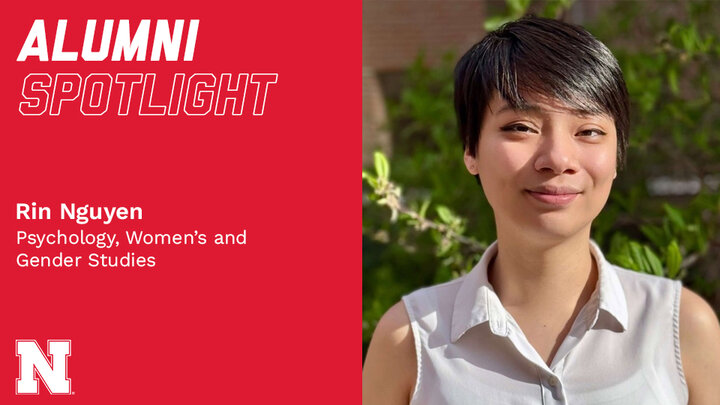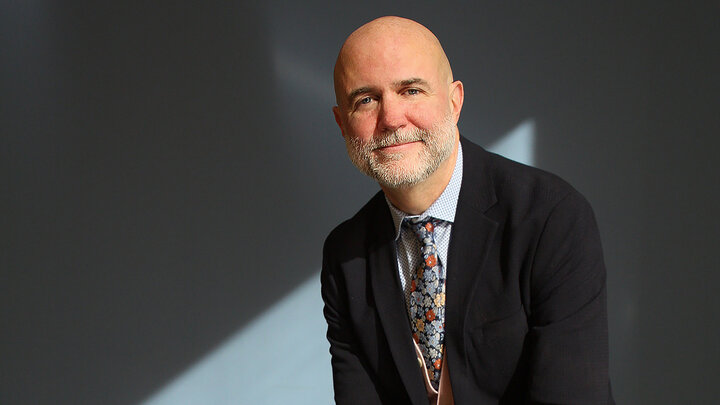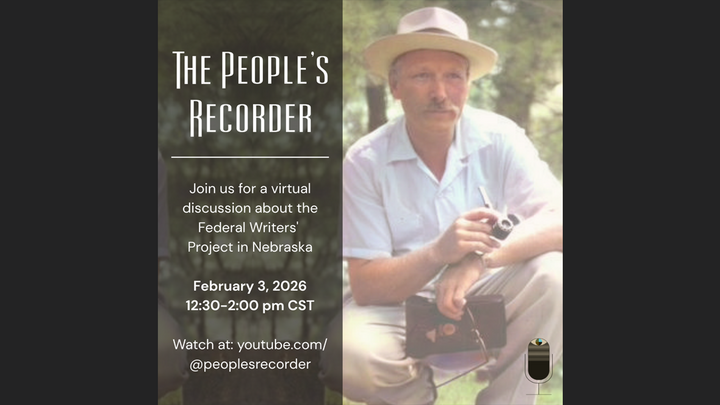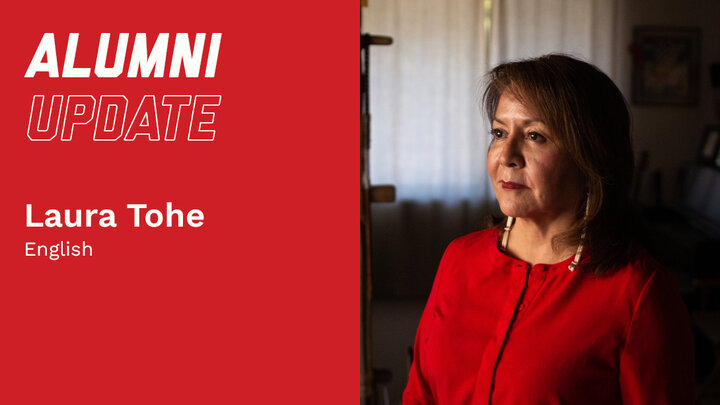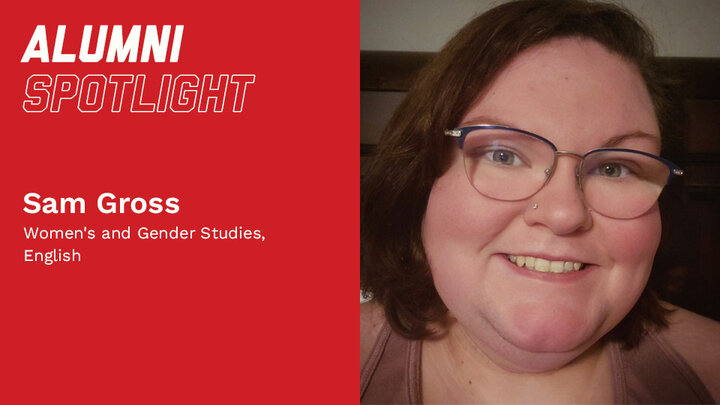Major(s): Psychology and Women's and Gender Studies
Minors: Japanese, Sexuality Studies, Global Studies, Asian Studies, and English
Graduation year: 2019
Who is your employer, and where are they located?
I am currently employed by the University of Nebraska-Lincoln and am located in Lincoln, NE.
What is your job title and what kind of work does it involve?
It is difficult to capture my work in a single title, as I wear many hats and navigate multiple intersecting roles. I am a doctoral candidate in Counseling Psychology at the University of Nebraska–Lincoln, specializing in Women’s and Gender Studies and certified in Mixed Methods Research. My work spans across research, clinical practice, and teaching.
As a researcher, I am part of the Secularity and Sexuality (SECS) Lab under the mentorship of Dr. Dena Abbott. My primary research centers on the experiences of transgender and gender diverse populations, with broader collaborations focusing on sexuality and reproductive health.
As a therapist, I primarily see college populations for individual and group counseling. I have provided therapy to college students through university counseling centers, including the Counseling and School Psychology (CSPC) and Counseling and Psychological Services (CAPS) on campus and the Counseling and Psychological Services (CAPS) at Southeast Community College (SCC). I am transitioning this summer into a position where I conduct psychological assessments at Phoenix Psychology and serve as a temp therapist in Dr. Abbott’s private practice, offering services related to sexuality concerns.
As an educator, I began teaching as a recitation leader for PSYC 181: Introduction to Psychology and have since taught a variety of high school and undergraduate-level courses. I now regularly instruct PSYC 421: Psychology of Gender and PSYC 380: Psychopathology and Mental Health, balancing large lecture formats with discussion-based classes to foster critical thinking and welcoming dialogue.
What sparked your interest in your major(s) or area(s) of study?
My academic path reflects a deep curiosity about the human experience and a commitment to understanding people through multiple lenses. I earned my bachelor's degrees in Psychology and Women’s and Gender Studies, with minors in Japanese, Sexuality Studies, Asian Studies, Global Studies, and English. While Psychology was always my primary focus, I believed that truly understanding people required more than just one disciplinary perspective. I thought I would be doing a disservice to future clients and students if I did not consider the nuances within people’s lived experiences. I wanted to engage with the complexities of identity, culture, language, and lived experience, and my undergraduate studies allowed me to do just that.
I initially entered graduate school in a Clinical Psychology program, but I soon realized the training model didn’t fully align with my values. I was seeking a framework that honored people as whole, contextualized beings rather than reducing them to symptoms or diagnoses. That reflection led me to Counseling Psychology, where I found a program grounded in social justice, advocacy, and a holistic approach to mental health. Returning to Nebraska, as a Nebraskan native, was also a bonus.
What do you see as the value of your major(s) or CAS degree?
I see immense value in my degree because it equips me with the skills and knowledge to engage meaningfully with people from varying backgrounds. It has prepared me to be a well-informed, culturally responsive psychologist and educator, someone who can hold space for a wide range of lived experiences with empathy and nuance. Beyond technical training, my degree has deepened my ability to consider multiple perspectives, engage in critical reflection, and mentor the next generation with intention and care. While I’ve faced pressure to pursue what some might consider a more “prestigious” path, I firmly believe that my degree is incredibly meaningful. It allows me to contribute to the broader well-being of individuals and communities through social justice and advocacy.
Were there any other people, activities, or events from your time at UNL that helped you get to where you are now?
When I reflect on the people who shaped my academic and professional journey, three names always come to mind: Drs. Manda Williamson, Natalie Holt, and Dena Abbott.
Dr. Manda Williamson was the first professor I ever met. She taught my PSYC 181 course and fostered my love for psychology and teaching. She offered me a teaching position, which completely changed my trajectory. Manda gave me tremendous autonomy in the classroom and had more confidence in my abilities than I had in myself. Under her mentorship, I grew into the educator I am today. Her unwavering support and example showed me what it means to be a great professor. I often joke that she’s the reason I stepped away from a research-only path, and I fell in love with teaching because of her.
Dr. Natalie Holt, then a graduate student, was my mentor during my undergraduate years. I was quiet and unsure of myself, often in awe of her intellect and confidence. I’ll never forget her saying, “If there’s a part of you that likes research, go for it,” and “If you want to go to graduate school, I’ll help you get there.” She taught me the foundations of research, welcomed me into collaborative projects, and encouraged me to pursue my own. Looking back, I realize how rare and valuable that kind of mentorship was. Now, as a graduate student myself, I say the same words to my undergraduate students, trying to pay forward the gift she gave me.
And finally, I cannot overstate Dr. Dena Abbott's impact on my life. After a challenging experience in another graduate program, joining her lab was a turning point. She created space for me to heal, grow, and rediscover my confidence. Four years later, I feel like I’ve blossomed, personally and professionally, because of her guidance. I may still be that timid person I was ten years ago, but now I’m a timid person with a growing list of publications and achievements made possible by a mentor who believed in me. I feel truly seen, supported, and valued, and I wish everyone could have a mentor like Dena.
Tell us about the path you took to get to where you are today in your career and how you applied your education in your major(s) or area(s) of study to get here.
I never imagined I’d go to college. Growing up, I thought I’d end up working a minimum wage job and simply try to make ends meet. That changed when I received a full-ride scholarship through the Nebraska College Preparatory Academy (NCPA), a program that offered not just financial support, but also one-on-one mentorship and a strong, supportive community. As a first-generation, low-income and queer student of color, I now recognize the immense privilege of having that level of support. At UNL, I met Drs. Manda Williamson and Natalie Holt, who played instrumental roles in fostering my growth and confidence in psychology. With their mentorship, I pursued and was accepted into doctoral programs straight out of undergrad. Now, as an emerging counseling psychologist, I draw on every part of my education and training in my work. Through research, teaching, and clinical practice, I center social justice and advocacy, with a focus on serving marginalized and underserved communities. My academic background in psychology and women’s and gender studies deeply informs how I understand and approach the human experience, and I hope to continue contributing to more affirming spaces in mental health and classrooms.
What are your future professional goals?
When I first began my doctoral training, my goal was to pursue a career in academia with a strong focus on research. While I still enjoy the research process, I’ve discovered that I feel most energized and fulfilled when working directly with students and community members. Over time, my passion for both teaching and clinical work has grown. After graduation, I plan to pursue licensure as a psychologist and obtain certification as an AASECT-certified sex therapist. I’m currently exploring a few career paths, including becoming a Professor of Practice, where I can blend teaching with applied clinical experience and roles more centered around therapy and psychological assessment. Whatever direction I take, my goal remains the same: to provide affirming, socially just care and education supporting marginalized communities' well-being.
